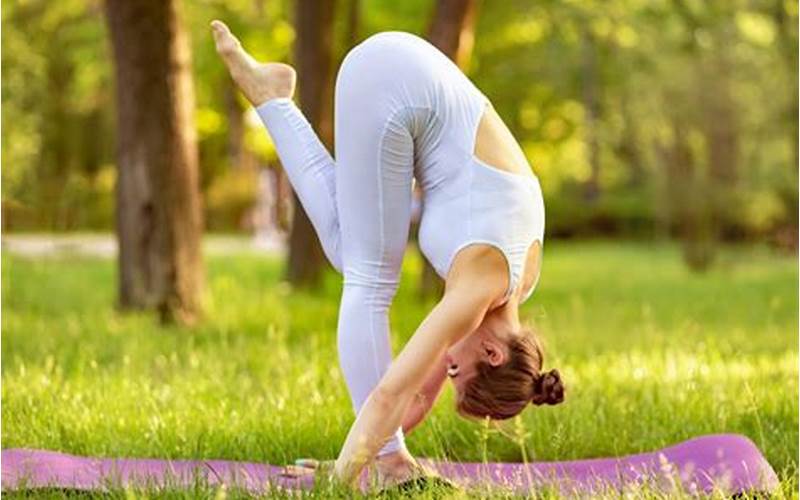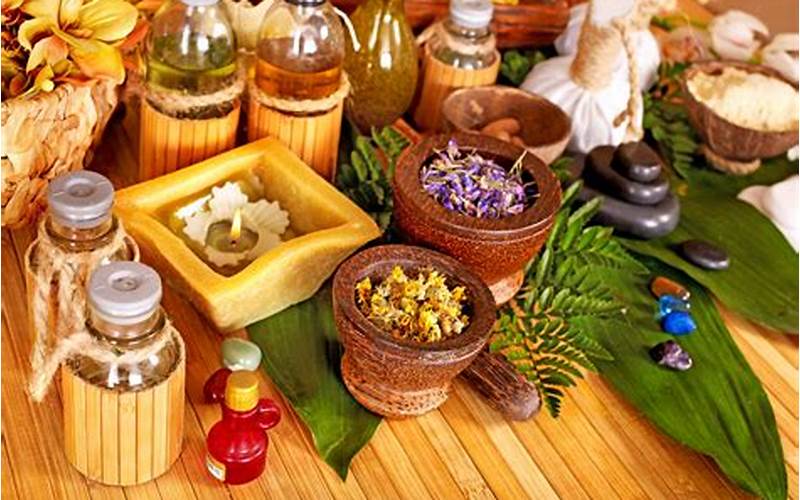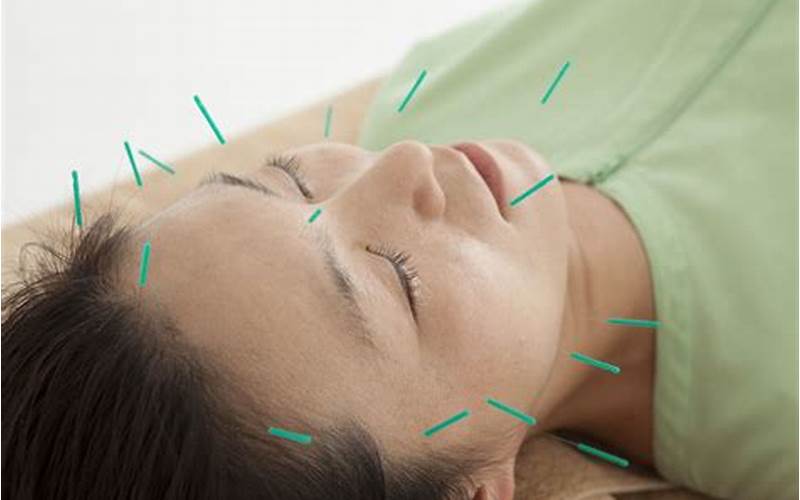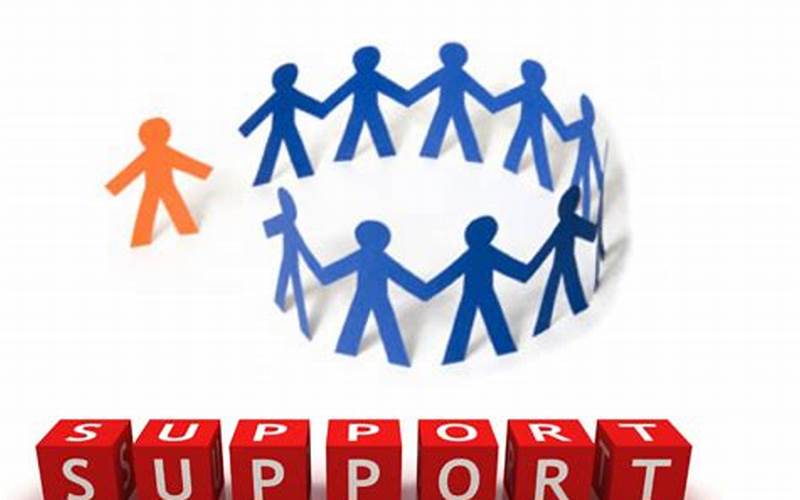Anxiety is a common mental health condition that affects millions of people worldwide. While there are various medication options available for managing anxiety, some individuals prefer non-medicine treatments. These alternatives encompass natural remedies, therapies, and lifestyle changes that can help alleviate anxiety symptoms. In this article, we will explore some of the non-medicine treatment options for anxiety.
1. Exercise
 Source: tse1.mm.bing.net
Source: tse1.mm.bing.netPhysical activity is known to have numerous benefits for mental health, including anxiety reduction. Engaging in regular exercise releases endorphins, which are natural mood boosters. Additionally, exercise helps distract the mind from anxious thoughts and promotes better sleep, further aiding in anxiety management.
2. Mindfulness Meditation
 Source: tse1.mm.bing.net
Source: tse1.mm.bing.netMindfulness meditation involves focusing one's attention on the present moment without judgment. This practice has been shown to reduce anxiety by promoting relaxation and easing racing thoughts. Regular meditation can help individuals develop a greater sense of calm and control over their anxiety symptoms.
3. Herbal Supplements
 Source: tse1.mm.bing.net
Source: tse1.mm.bing.netSome herbal supplements have been studied for their potential to reduce anxiety symptoms. For example, supplements containing ingredients like chamomile, lavender, or passionflower may have calming effects. However, it is important to consult with a healthcare professional before starting any herbal supplement regimen.
4. Yoga
 Source: tse1.mm.bing.net
Source: tse1.mm.bing.netYoga combines physical postures, breathing exercises, and meditation to promote relaxation and reduce stress. The practice of yoga has been found to lower anxiety levels, improve sleep quality, and enhance overall well-being. Regular participation in yoga classes or practicing at home can be beneficial for individuals with anxiety.
5. Cognitive-Behavioral Therapy (CBT)
 Source: tse1.mm.bing.net
Source: tse1.mm.bing.netCognitive-Behavioral Therapy, or CBT, is a type of talk therapy that focuses on identifying and changing negative thought patterns and behaviors. It is highly effective for treating anxiety disorders. CBT helps individuals develop coping strategies, challenge irrational thoughts, and gradually confront anxiety-inducing situations.
6. Aromatherapy
 Source: tse1.mm.bing.net
Source: tse1.mm.bing.netAromatherapy involves using essential oils to promote relaxation and reduce anxiety. Scents like lavender, chamomile, and bergamot have been found to have calming effects. Essential oils can be diffused, applied topically, or used during massage therapy sessions to help alleviate anxiety symptoms.
7. Acupuncture
 Source: tse1.mm.bing.net
Source: tse1.mm.bing.netAcupuncture is an ancient Chinese practice that involves inserting thin needles into specific points on the body. It is believed to restore the flow of energy and balance within the body. Some studies suggest that acupuncture may help reduce anxiety symptoms, although more research is needed to fully understand its effectiveness.
8. Social Support
 Source: tse1.mm.bing.net
Source: tse1.mm.bing.netBeing surrounded by a supportive network of friends, family, or support groups can significantly reduce anxiety levels. Sharing one's feelings and experiences with trusted individuals can provide emotional relief and a sense of belonging. Seeking professional help from therapists or counselors can also be an essential part of social support.
9. Breathing Exercises
 Source: tse1.mm.bing.net
Source: tse1.mm.bing.netPracticing deep breathing exercises can help calm the body and mind during moments of anxiety. Techniques like diaphragmatic breathing or box breathing can activate the body's relaxation response, reducing heart rate and lowering blood pressure. These exercises can be easily incorporated into daily routines.
10. Time Management
 Source: tse1.mm.bing.net
Source: tse1.mm.bing.netPoor time management often leads to increased stress and anxiety. Learning effective time management strategies can help individuals prioritize tasks, set realistic goals, and reduce the feeling of being overwhelmed. Breaking tasks into smaller, manageable steps and creating a schedule can enhance productivity and reduce anxiety levels.
While these non-medicine treatments for anxiety can be beneficial, it is important to remember that everyone's experience with anxiety is unique. What works for one person may not work for another. It is advisable to consult with a healthcare professional or mental health expert to determine the most suitable treatment options for individual needs.
Post a Comment for "Non-Medicine Treatment for Anxiety"